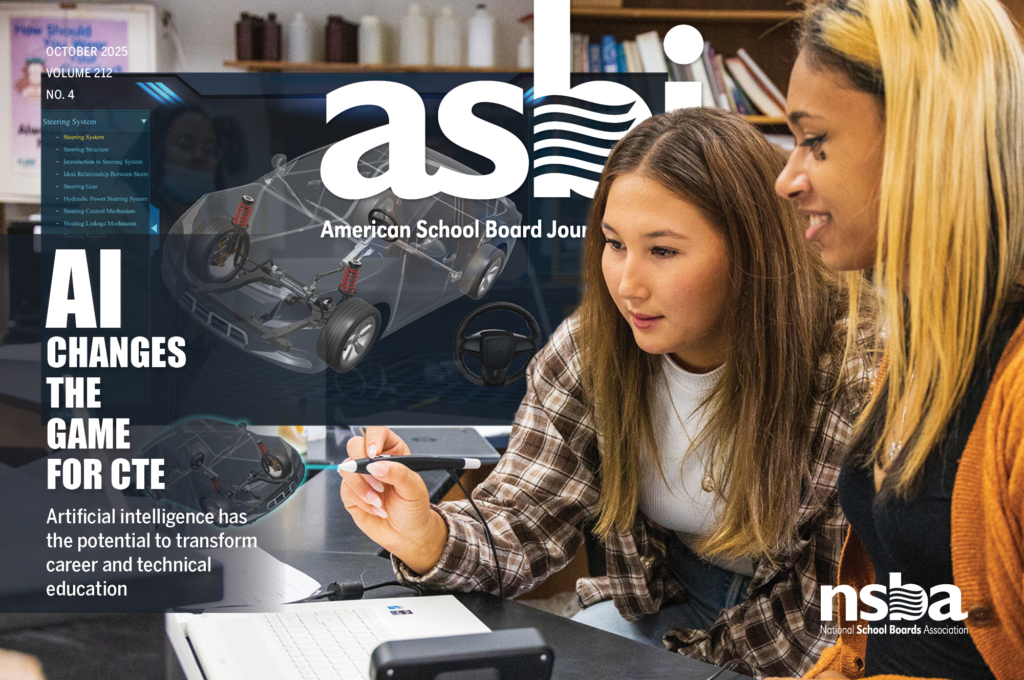Career Clusters
Home » Career Clusters
The National Career Clusters® Framework
The Career Clusters Framework serves as the foundation for designing consistent, high-quality Career Technical Education (CTE) and career pathway programs.
All learners deserve opportunities to explore and prepare for the full world of work, and discover where they fit in.
Created in 2002 and modernized in 2024, the National Career Clusters Framework has provided a shared structure and language for CTE program design across the United States. Advance CTE serves as the steward of the Framework.
The Framework has the power to transform systems, career pathways and programs, and the lives of learners and communities. Whether you are an administrator, CTE or core academic educator, career advising professional, or an employer, you can use the Framework to help every learner chart their path to career success!
In 2024, following 2 years of input and validation, Advance CTE released a modernized Framework designed to serve as a bridge between education and work and a central building block for consistently designed and high-quality CTE programs.
Latest News
A New Foundation for CTE – Advance CTE Executive Director Kate Kreamer’s article in American School Board Journal (Oct 2025) explores the four key strengths of the Career Clusters Framework and how local school boards can support redesigned pathways that empower every learner.
The Framework
The modern Framework consists of 14 Clusters and 72 Sub-Clusters that serve as the primary organizing structures for CTE programs. These structures are supported by five Cluster Groupings aligned to purpose and impact of included careers, and three Cross-Cutting Clusters that provide both skills and careers that can stand alone and intersect with all other Clusters. Twelve Career-Ready Practices to ensure that every program includes the skills that are essential to every career and life.
Hover over each ring to explore the definitions and content of each layer of the Framework. Keep scrolling to click and explore each Career Cluster.
The wheel design is updated as of April 2025. A static view is available on our Resources page.
Structure Definitions
Large purpose-driven meta-sectors that help guide young people toward Clusters that are aligned with their interests, their sense of purpose, and the impact they want to make on their communities.
- Building & Moving
- Caring for Communities
- Connecting & Supporting Success
- Creating & Experiencing
- Cultivating Resources
- Investing in the Future
Industry sectors as defined by groupings from Standard Occupational Classification (SOC) and North American Industry Classification System (NAICS) codes.
Major groupings of career areas within a given field that have similar skills as defined by industry area.
Clusters that are based on both sector-specific and contextualized functions instead of purely discrete industry sectors. These Clusters have both Sub-Clusters and implications for courses taken in all other Career Clusters.
The Career Ready Practices, built on a meta-analysis of over 30 different listings of general professional skills developed by industry and educational institutions, represent the skills needed to succeed in the modern workplace. These practices should be embedded across the pre-kindergarten to workforce continuum. Read the full list of Career Ready Practices.
Career Clusters
Click each Cluster for Cluster definitions and implementation resources.

